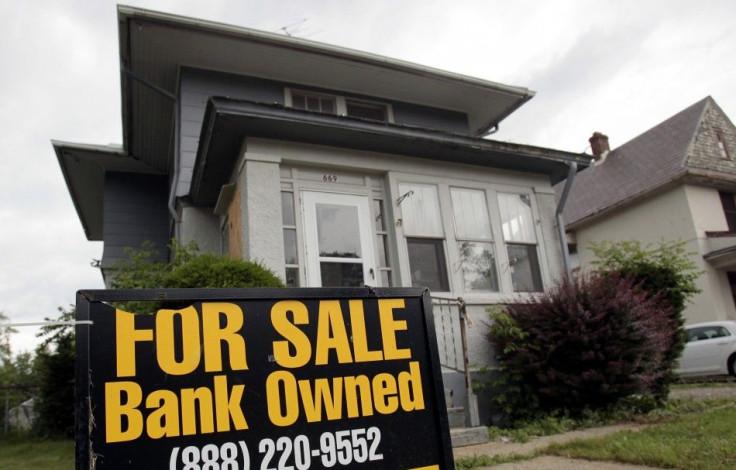The U.S. Housing Recovery Is Here: Goldman Sachs

The U.S. housing recovery is here, with an uptick in prices and governmment support and a decrease in unsold off-market homes, known as shadow inventory, according to analysts from Goldman Sachs Group Inc. (NYSE: GS), the fifth-largest U.S. bank by assets.
“The super cyclical housing market has turned and a strong recovery in new-home sales is ahead,” wrote Joshua Pollard and Anto Savarirajan of Goldman Sachs in a research note. They upgraded their ratings on three U.S. homebuilders: Denver-based M.D.C. Holdings, Inc. (NYSE: MDC), Los Angeles-based KB Home (NYSE:KBH) and Westlake Village, Calif.-based Ryland Group, Inc. (NYSE:RYL).
The market responded favorably in Monday afternoon trading: M.D.C. rose 5.77 percent to $33.20, KB Home gained 2.96 percent to $10.10, Ryland Group rose 3.42 percent to $26.61.
Pollard and Savarirajan also reaffirmed buy ratings on luxury builders Toll Brothers Inc. (NYSE: TOL) and PulteGroupe Inc. (PHM). Toll Brothers was up 1.04 percent to $31.03 and PulteGroup rose 1.47 percent to $11.02 in Monday trading.
However, Goldman Sachs downgraded NVR Inc. (NYSE: NVR), citing increased competition in the company's core market of Washington. D.C.. and its smaller presence in rebounding markets like Arizona, California and Nevada. NVR fell 1.89 percent to $747.53 in Monday trading.
The positive Goldman report follows a 4.7 percent increase in construction of single-family homes in June to an annual pace of 539,000, according to the Commerce Department. Goldman predicts 700,000 sales of new homes by 2014, more than twice the 307,000 new homes sold in 2011, the worst figure on record.
The Goldman analysts cited government efforts to convert single-family homes into rentals through investors, which will help address the supply imbalance between rentals and fore-sale properties. Expansion of the Home Affordable Refinance Program will also allow homeowners to refinance their mortgages, taking advantage of record low interest rates and stabilizing local markets.
Shadow inventory, defined as homes that are expected to be sold by have yet to come on the market, has fallen even in states hit hard by the housing bubble, including Arizona, Nevada and Florida.
“Investors are quickly swallowing new foreclosure supply, limiting shadow inventory and creating a floor for home prices,” Pollard and Savarirajan wrote.
© Copyright IBTimes 2024. All rights reserved.











